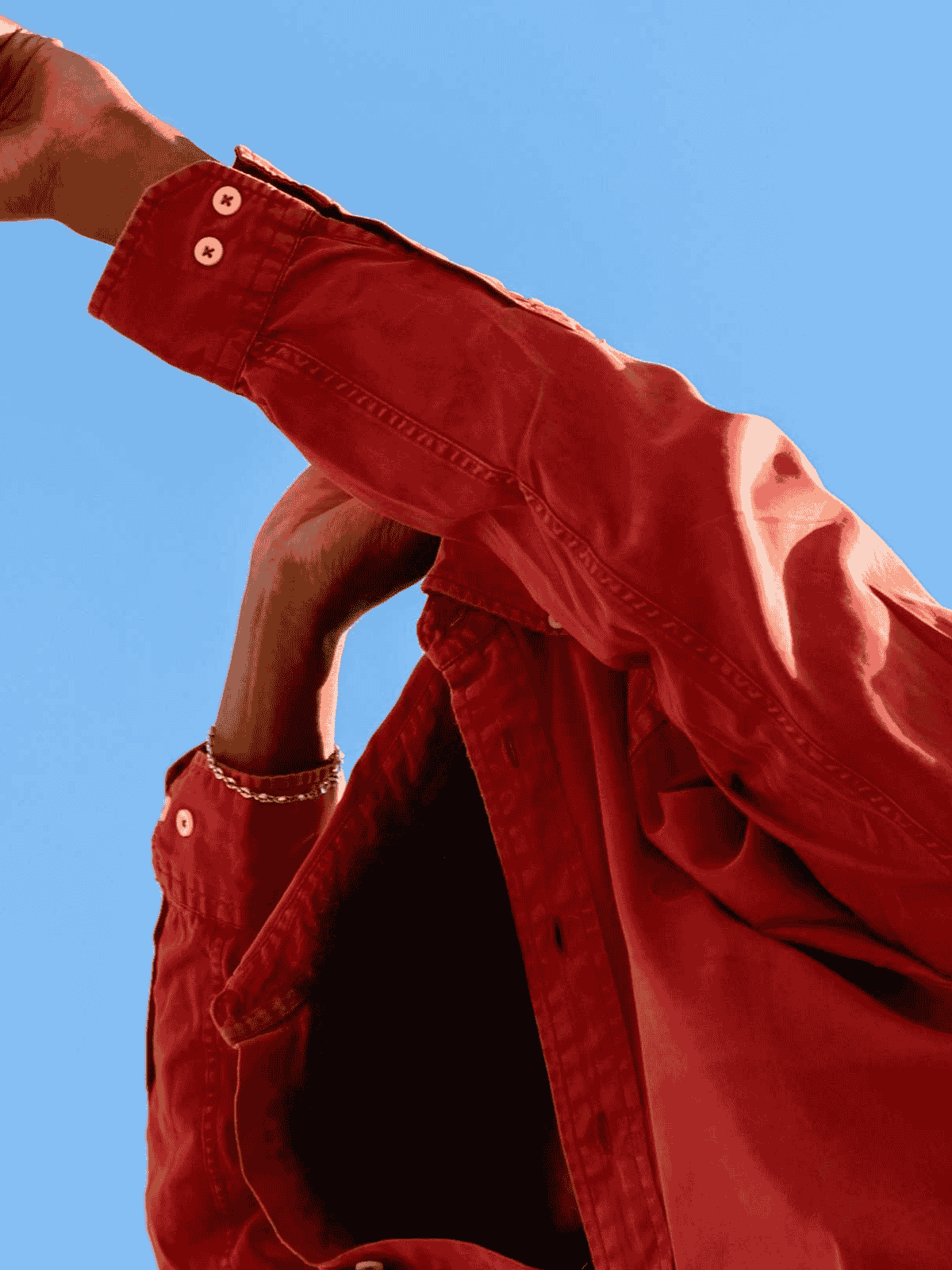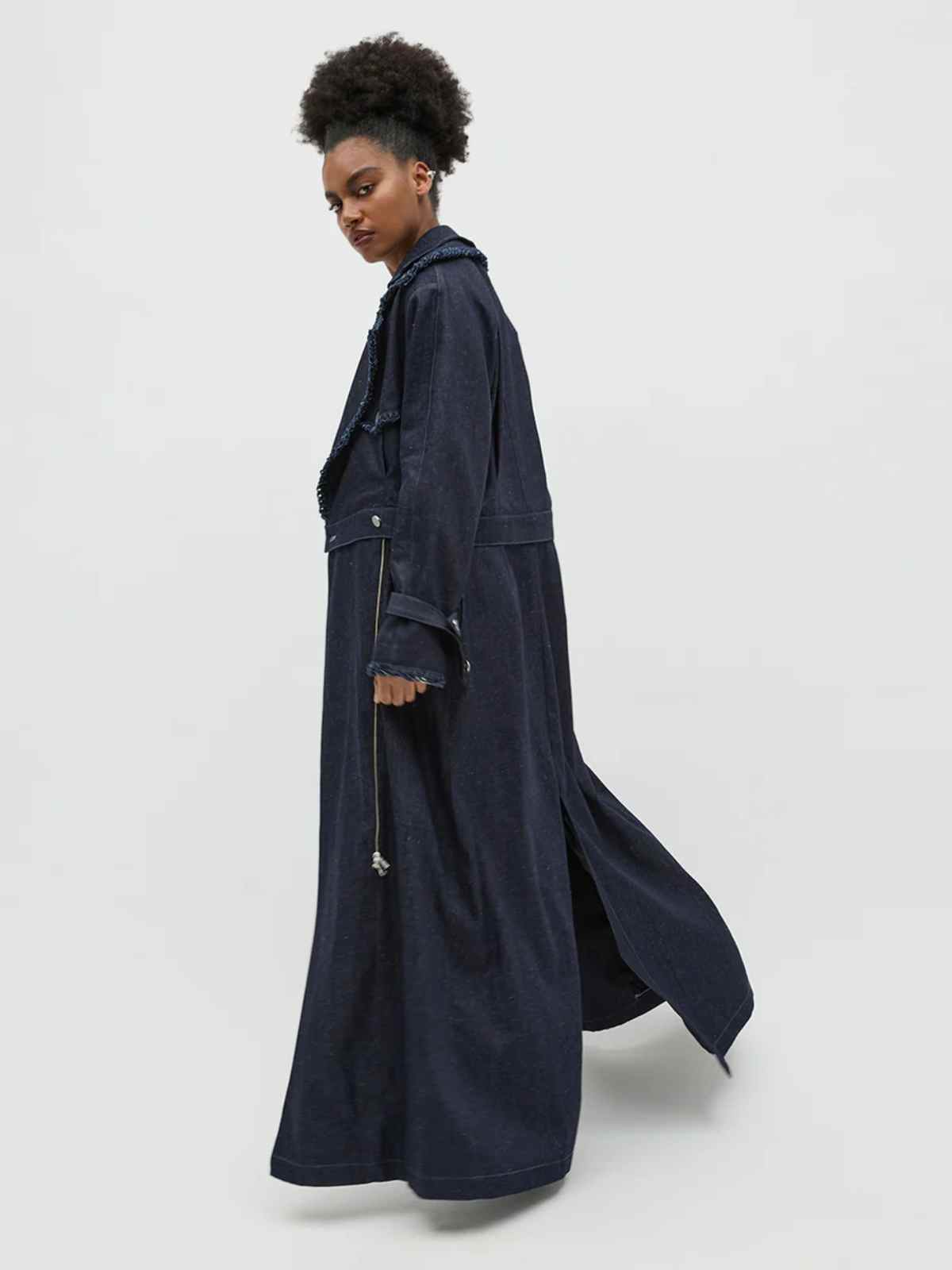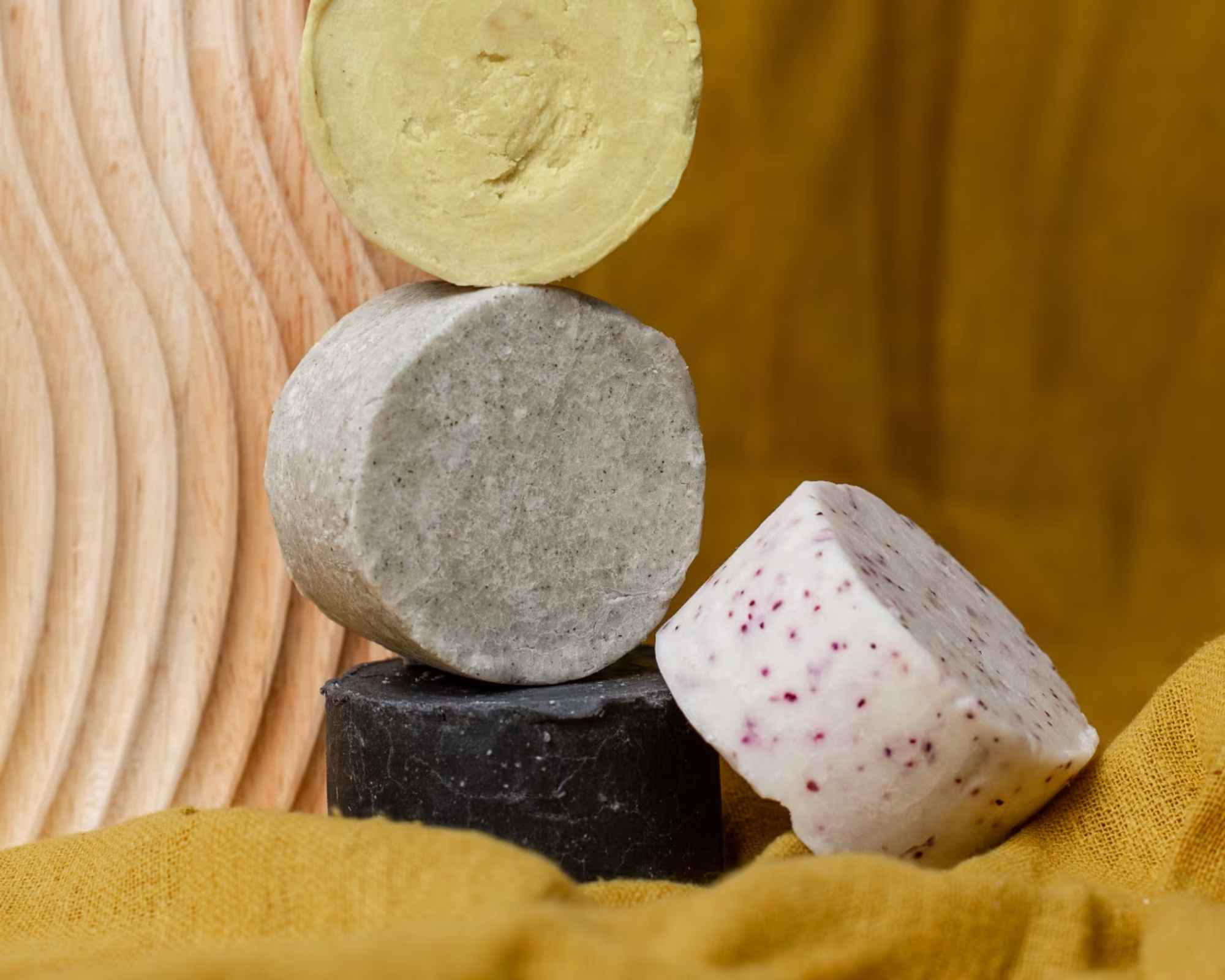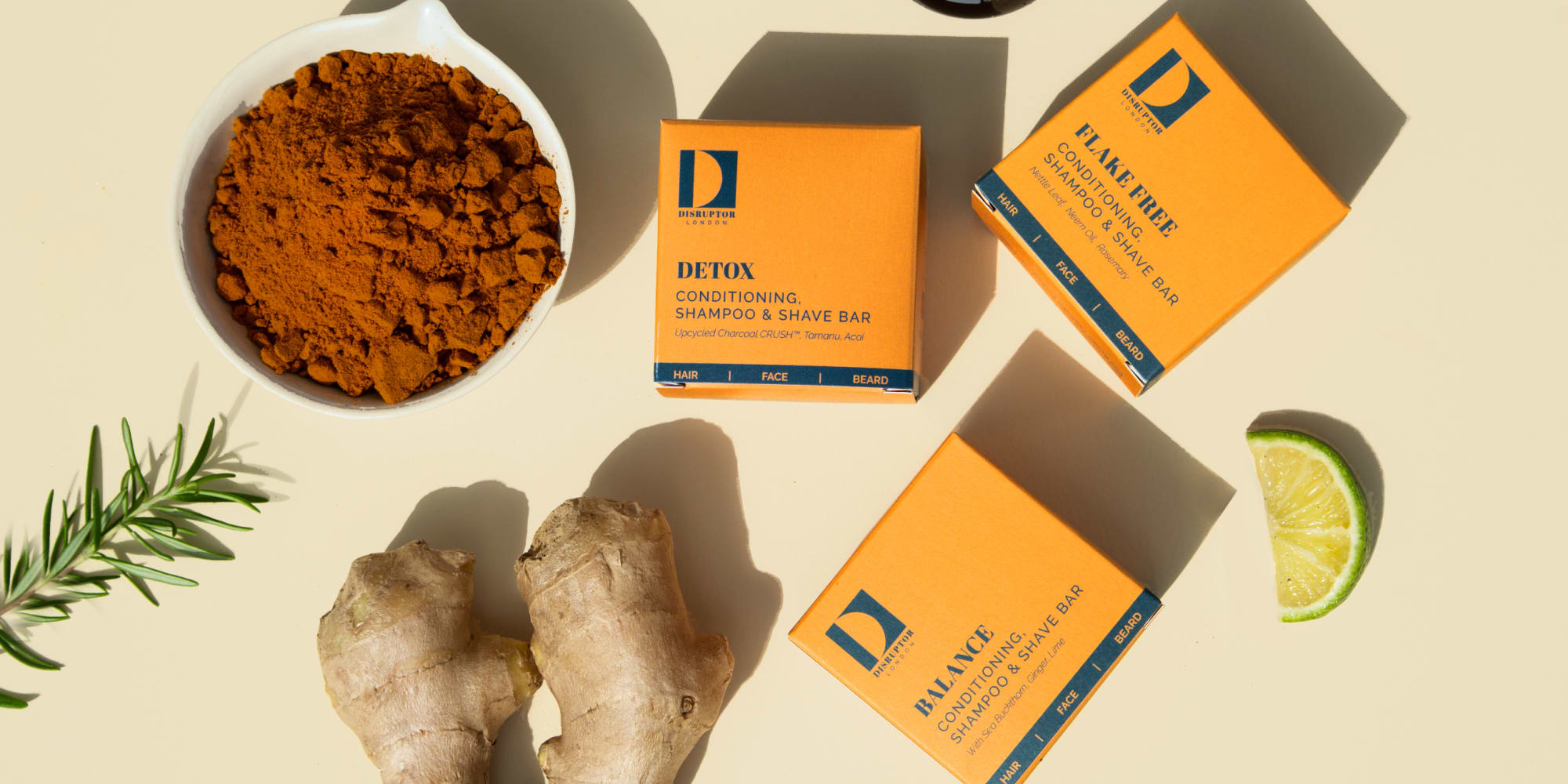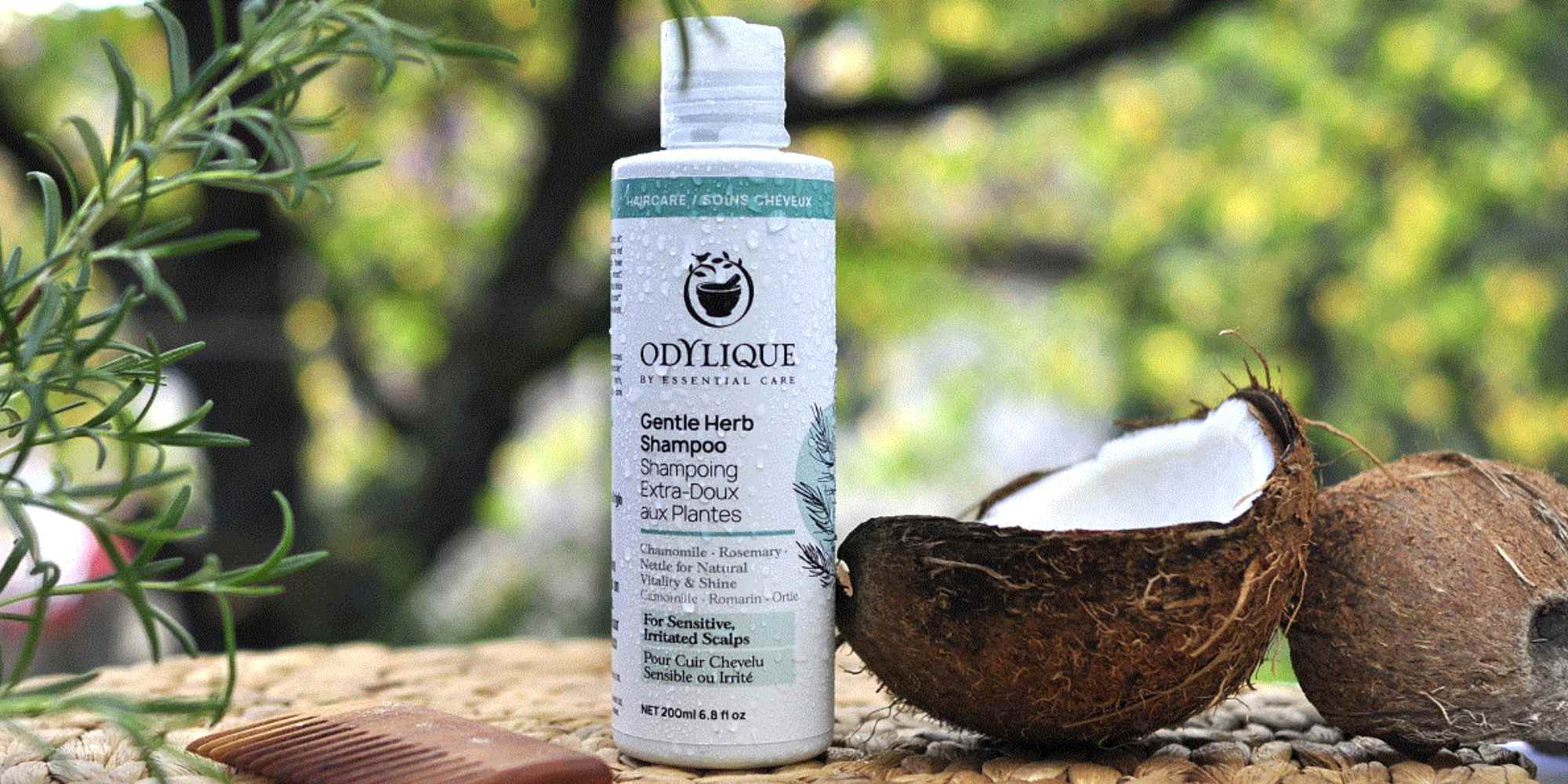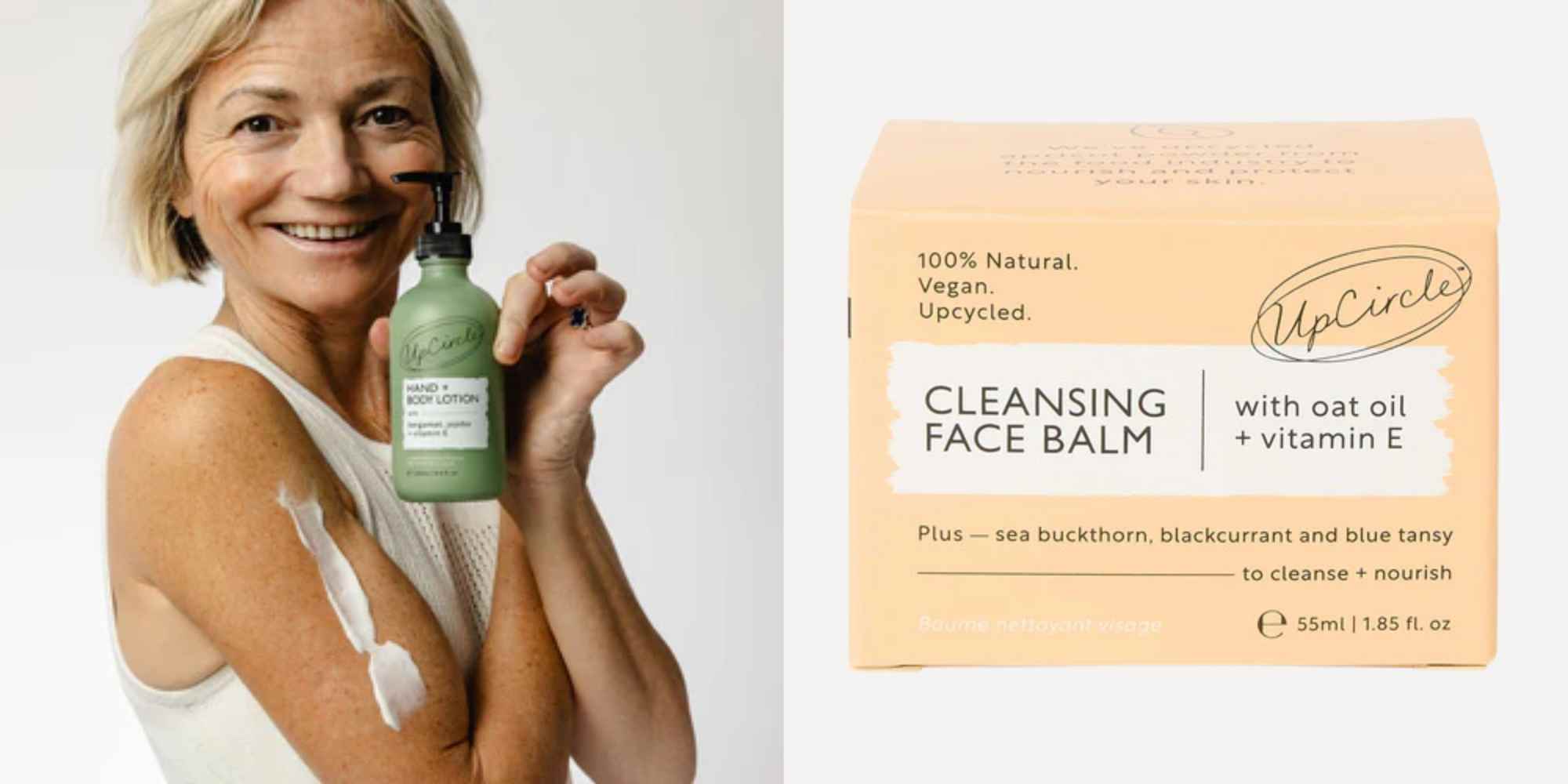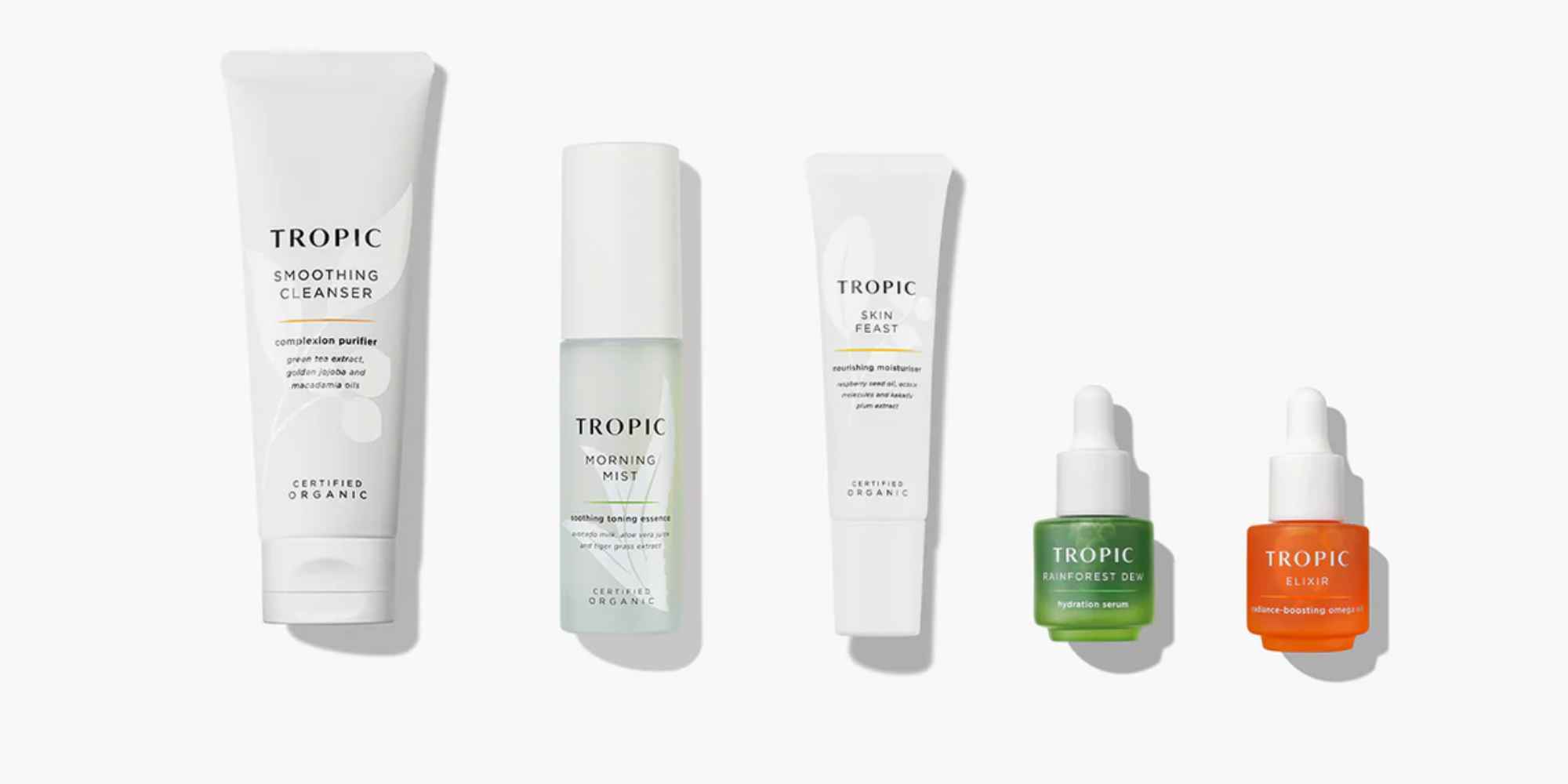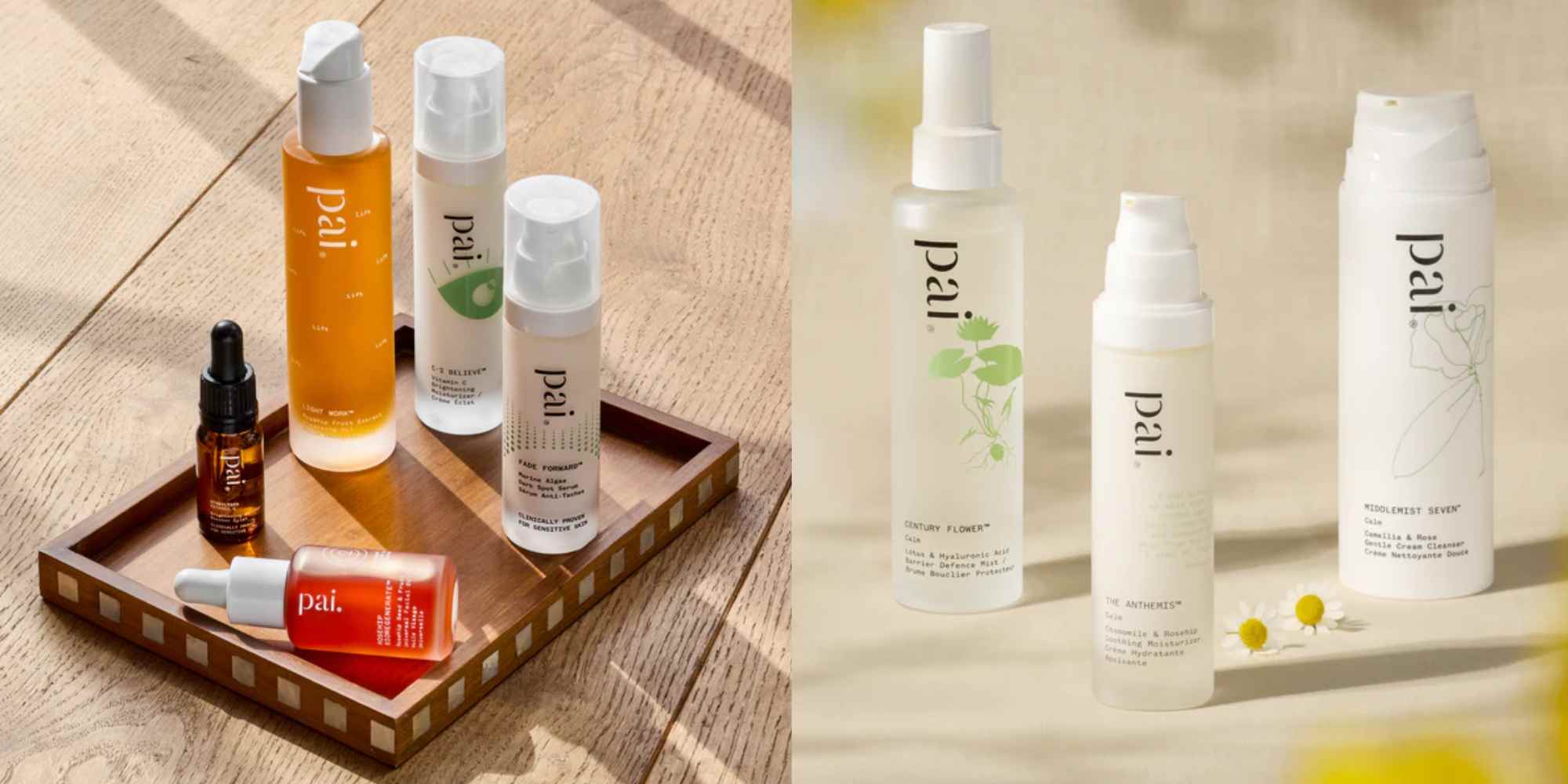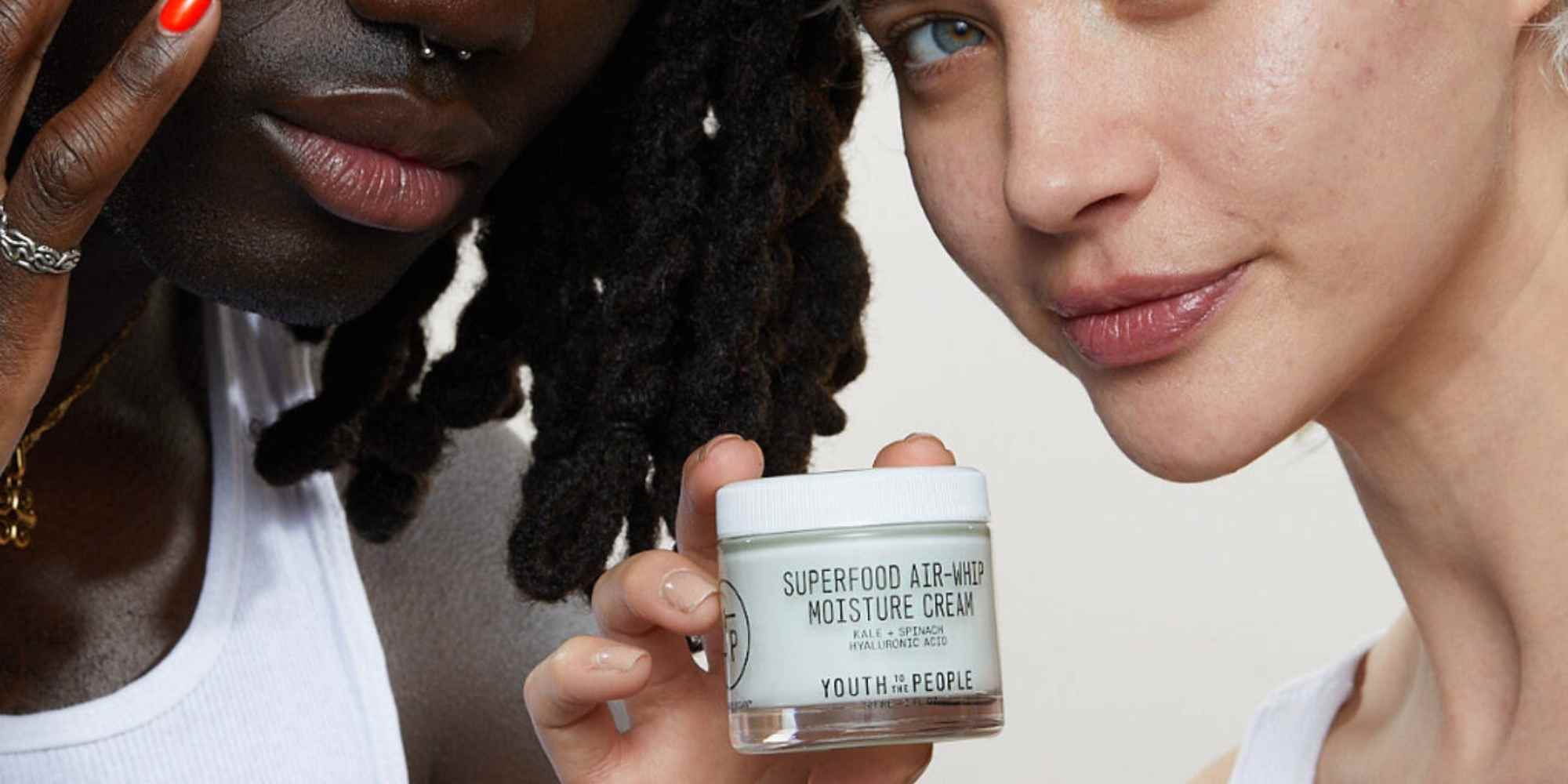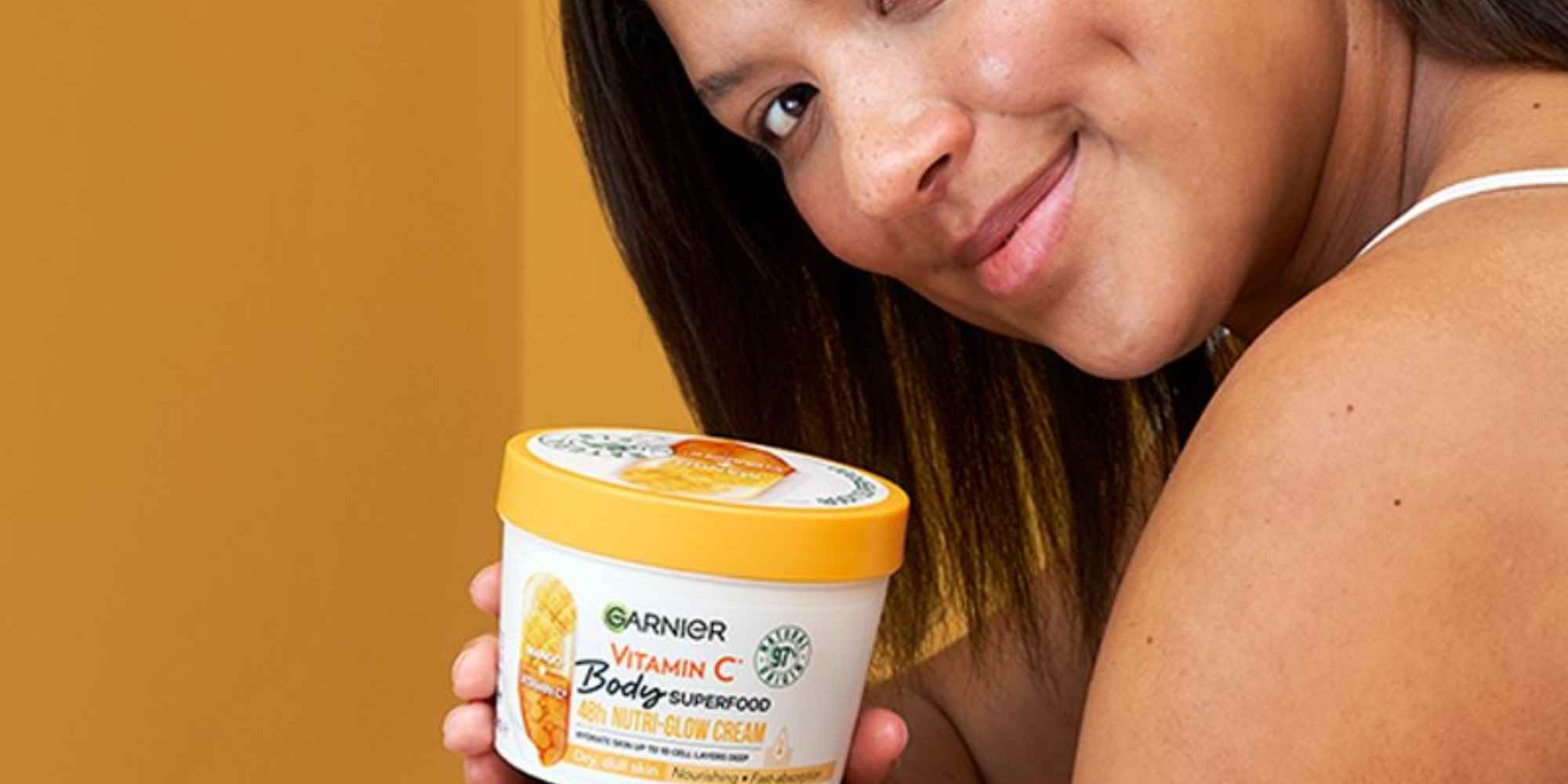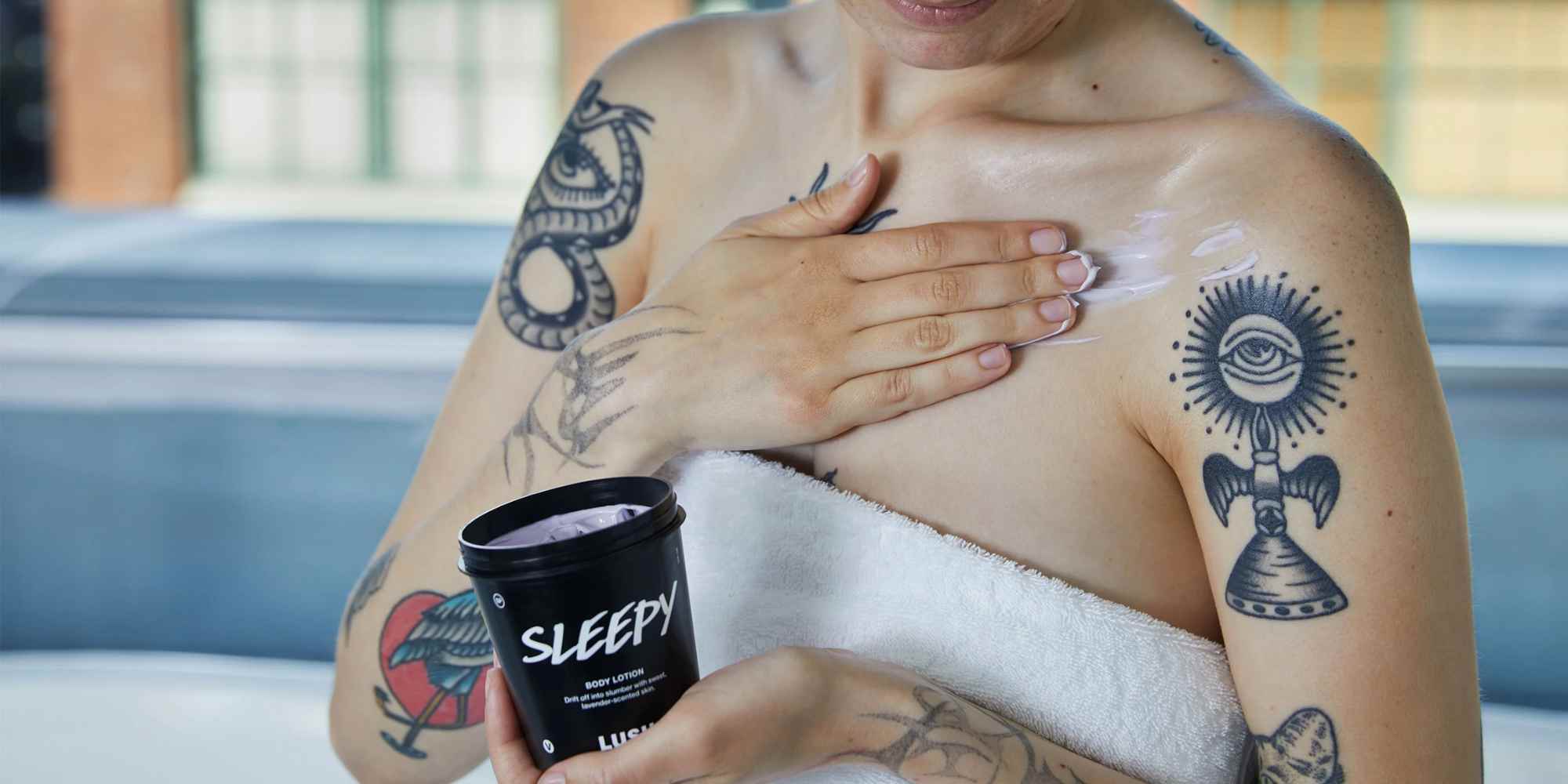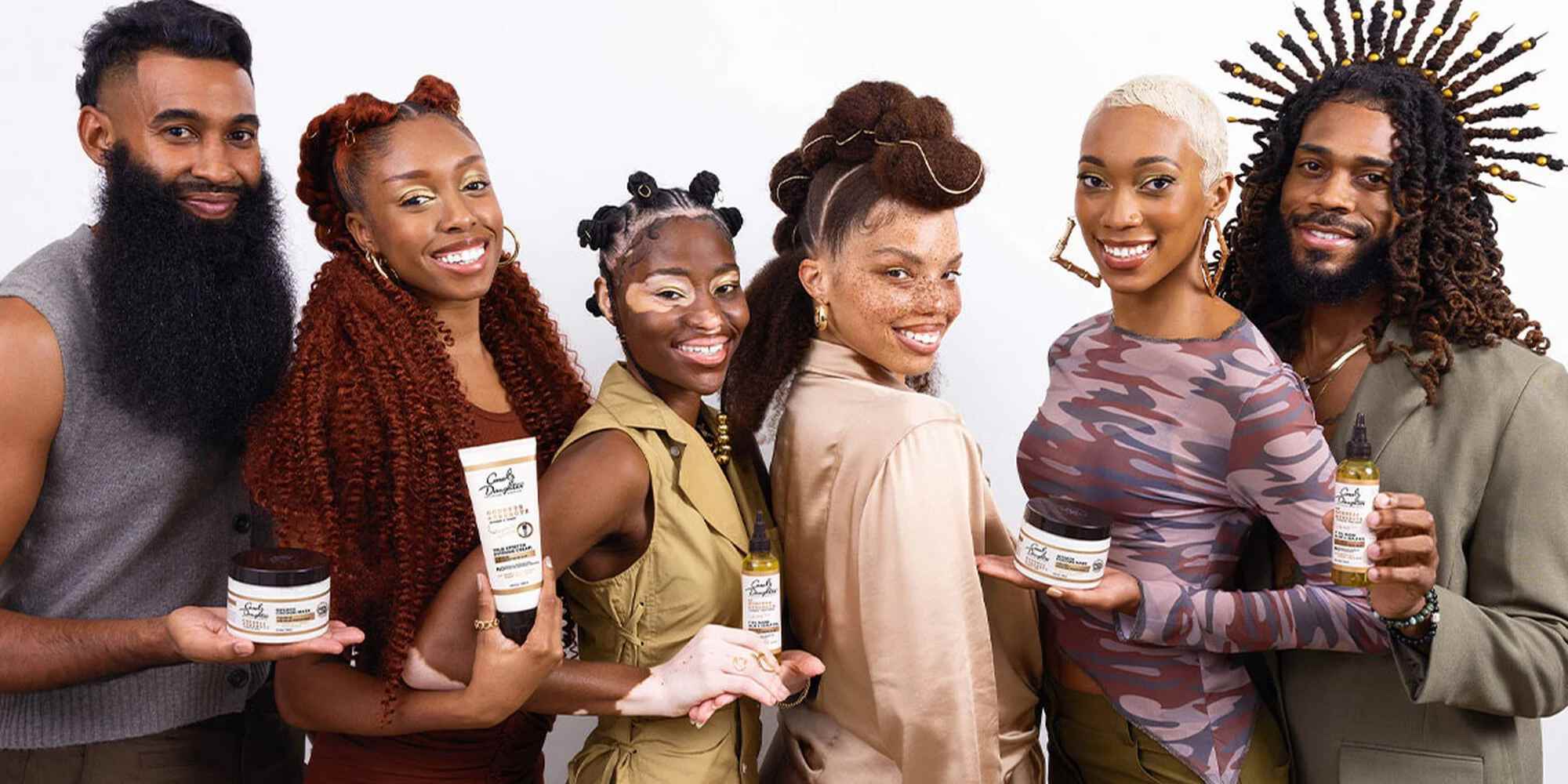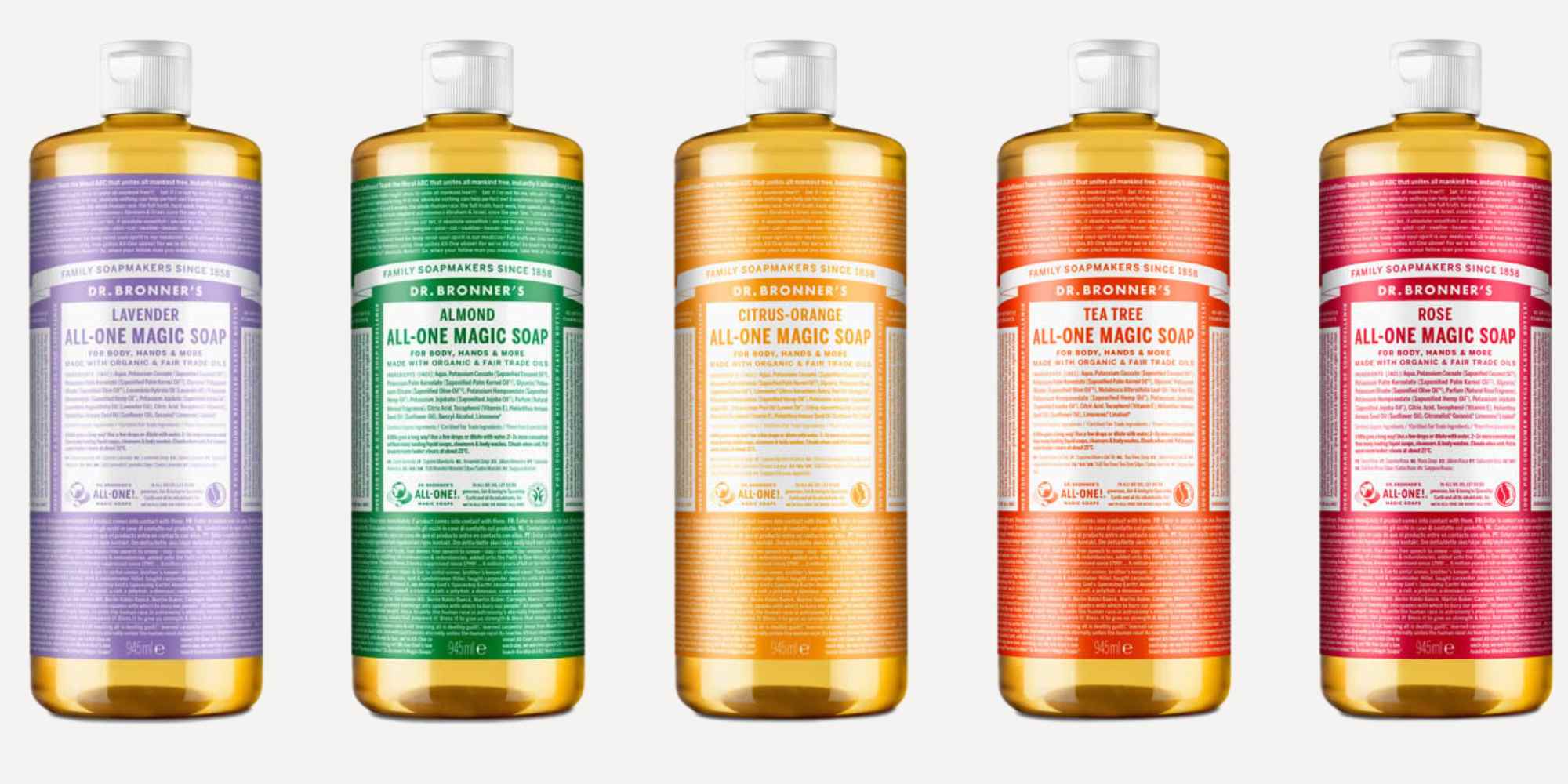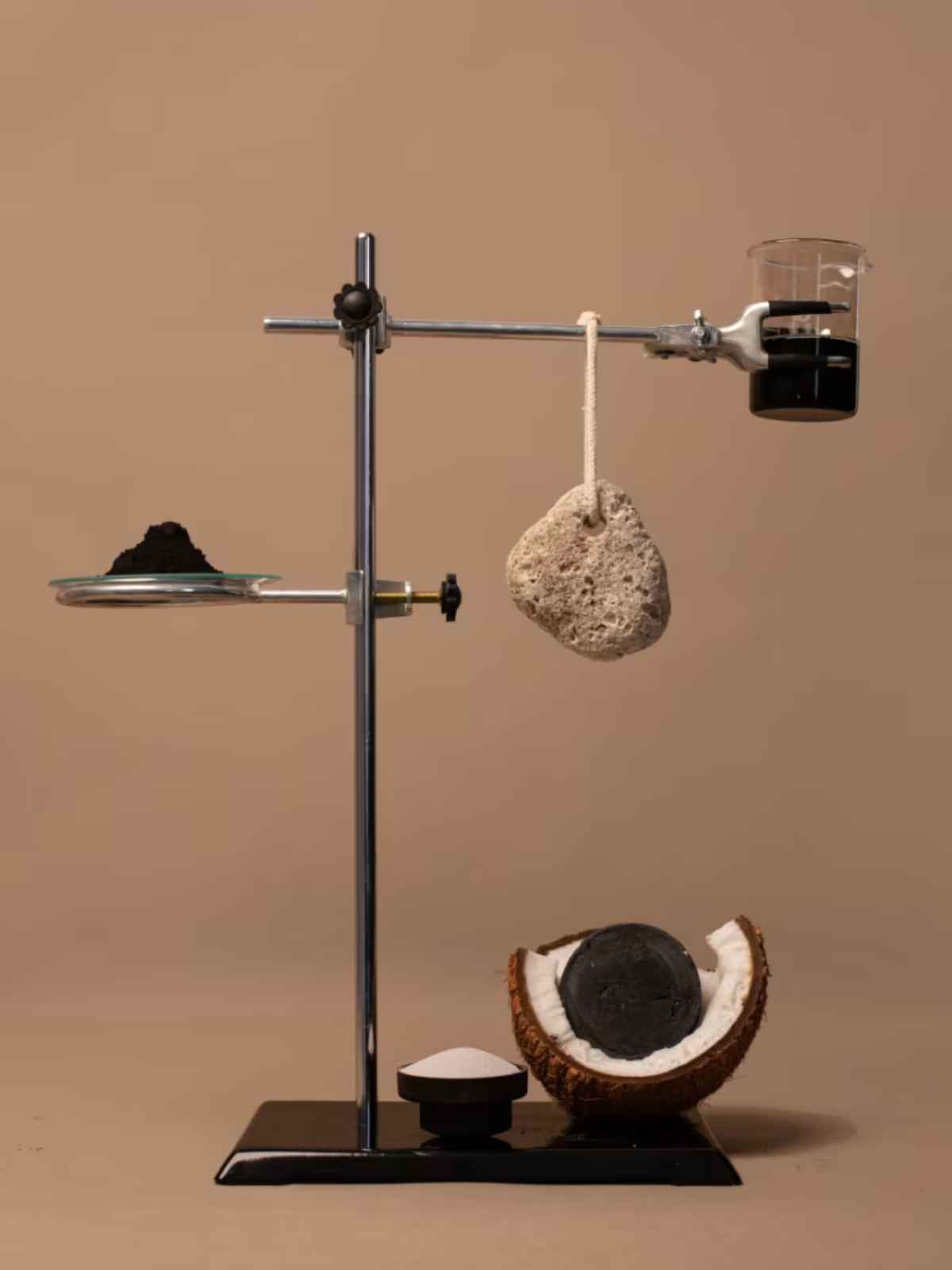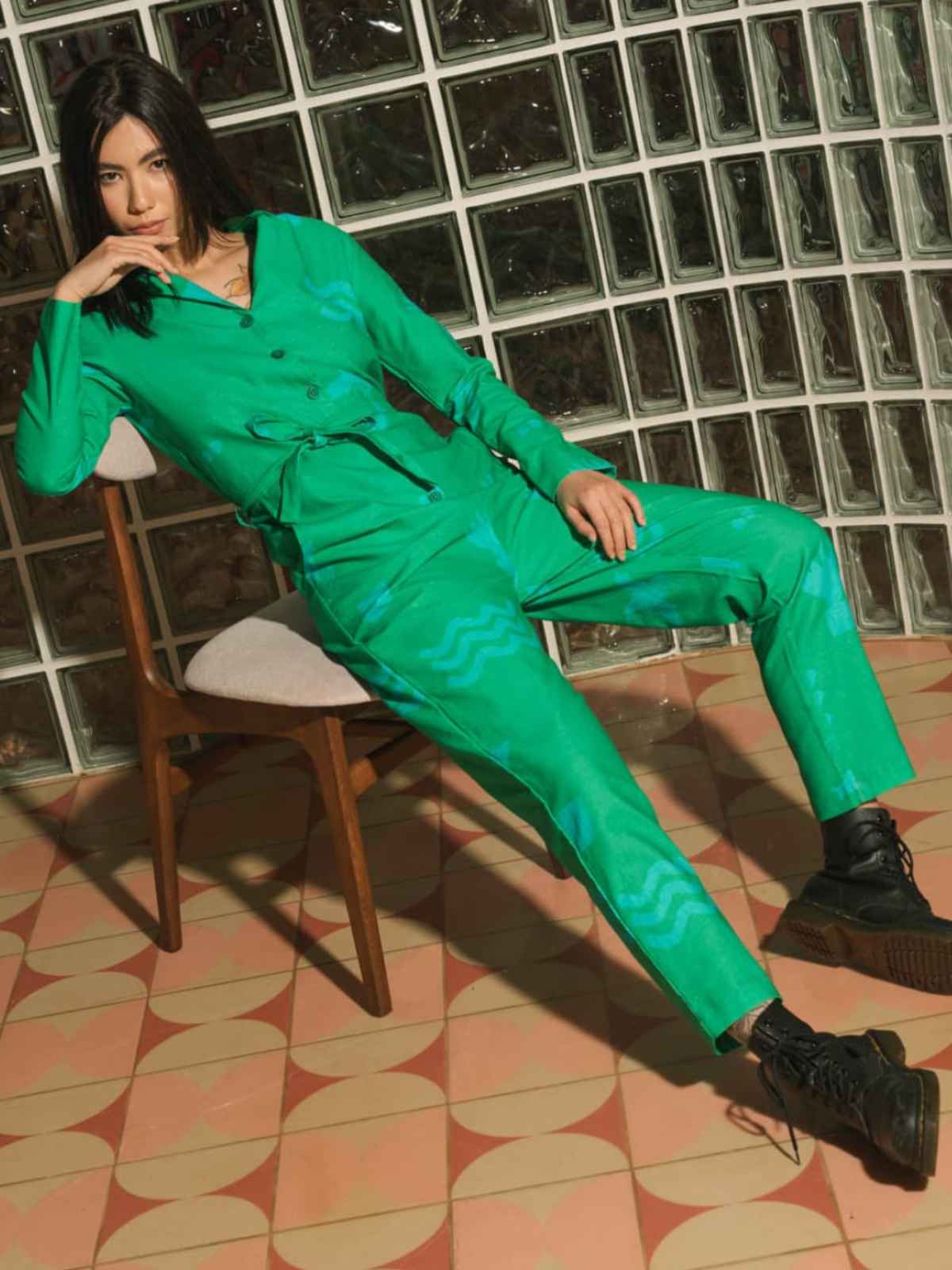In 2024, Good On You launched into rating beauty brands. Based on our initial batch of 239 brand ratings—which we first revealed in the Beauty Sustainability Scorecard—today we’re zooming in on the brands that landed at the top and the bottom of the curve.
Introducing beauty brand ratings
In October, Good On You announced our expansion into rating beauty brands after spending years building the most trusted sustainability brand rating methodology in fashion. We took considerable time to ensure the methodology for this new vertical reflected the nuanced issues in the beauty supply chain. Our expert rating team spent more than a year developing the new methodology and rating the first batch of 239 beauty brands—along the way, consulting industry leaders, assessing the most significant challenges, and outlining best practice across the key pillars of people, the planet, and animals.
As we’ve done in fashion for nearly a decade, we’re only rating beauty brands based on publicly available information about brands to ensure they can be held accountable by everyone—this includes standards and certifications, third-party indices and public reporting, as well as brands’ own disclosures. Transparency is key to securing a more sustainable future, and we’ll never take information into account that brands won’t publish for everyone to see.
What we see are a few small brands ahead of the curve, with more circular and innovative business models. However, large brands tend to lag behind.
We marked the launch by publishing the first 239 brand ratings and our deepest data report to date, the Beauty Sustainability Scorecard, which earned press everywhere from the Financial Times to Vogue Business. The Scorecard included industry-wide performance insights on more than a dozen key issues. We also revealed the best and worst performing brands, both large and small.
Today, we’re taking a closer look at the brands that scored highest and lowest in our first annual beauty list. Note that this list focuses on the beauty sector, where we’re rapidly expanding our coverage with more beauty ratings to come in the new year. As we wrote in the Scorecard: “To be clear, this doesn’t necessarily mean these top rated brands are the most sustainable out there—they’re simply the top performing based on the brands we’ve reviewed so far. What we see are a few small brands ahead of the curve, with more circular and innovative business models. However, large brands tend to lag behind, and even for the smaller number of top rated large brands, they’re still not doing enough to tackle problems such as packaging waste through, say, circular economy principles, which are a couple of the 42 key issues Good On You rates in beauty.”
The role of Good On You’s ratings
A growing number of shoppers are better than ever at seeing through shallow and untrue sustainability claims made by companies in many consumer industries and are using their voices to demand positive change. Their journey often begins with checking a brand’s Good On You rating to get a sense of how the brand performs across its supply chain, not only for a few product-level claims. In the last few years, we’ve observed a growing demand not just for fashion brand ratings, but beauty brands too, and that’s why we branched out—it’s the natural next step in helping you make more informed choices about the products you buy.
Just like our fashion brand ratings, when Good On You’s analysts complete a beauty brand rating, they give the brand a score out of 100, which is an unweighted view of how a brand performs across the three key rating pillars (people, planet, and animals). They’re assessed based only on publicly available information to promote transparency across the beauty industry. We then group brands into a five-point rating scale to help you more easily identify who “We Avoid” (1/5) and who is “Good” (4/5) and “Great” (5/5).
Unfortunately, the full rating distribution in the beauty industry is not looking great: with the complexities of product packaging, ingredient transparency, chemical use, microplastic management, and so much more, the majority—53%—of the 239 brands we rated scored “Not Good Enough”. And just two received our “Great” rating. They’re both small brands, and that echoes something we often see in the fashion industry—large brands, the ones with the most power and influence, aren’t doing enough to improve their sustainability.
Ratings for over 230 beauty brands are now live on the directory and in the app, so it’s easier than ever to compare brands’ impacts on the issues that matter most. But if you’re wondering which brands stand out on both ends of the rating scale, read on to discover the lowest and the highest achievers based on our world-leading methodology.
The large beauty brands ‘We Avoid’
We proportionately apply more demanding standards to large brands as they inherently have greater impacts and influence, but even so, the vast majority of large brands rate poorly, and these are the 10 worst that we’ve rated so far.
Seven of them received exactly zero points—the lowest possible score—for their sustainability efforts. That means they aren’t being transparent and are disclosing little to no information about their practices.
- Druni (“We Avoid”)
- Loris Parfum (“We Avoid”)
- Bleu Libellule (“We Avoid”)
- Nature Republic (“We Avoid”)
- Morphe (“We Avoid”)
- Mad Parfums (“We Avoid”)
- Ben Sherman (“We Avoid”)
- Revlon (“We Avoid”)
- Laura Mercier (“We Avoid”)
- CHIFURE (“We Avoid”)
‘Good’ and ‘Great’ beauty brands
It’s important to call out brands doing poorly, but ultimately, our mission is to support the development of a more sustainable world by championing the brands that are working to do better, and that’s why we’re noting 10 of the highest rated brands here. We’ve split them out into lists of small and large brands, acknowledging that businesses of different sizes have disproportionate power to effect change in their direct operations and the wider supply chain.
As we mentioned above, it’s important to note this doesn’t necessarily mean these top-rated brands are the most sustainable out there—they’re simply the top-performing based on the brands we’ve reviewed so far. And we’ll keep the ratings coming in 2025.


